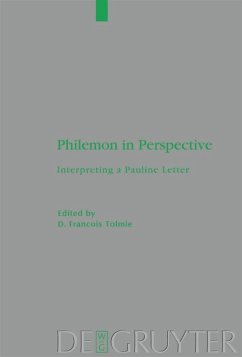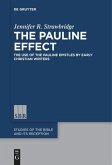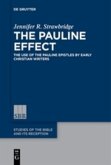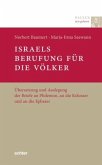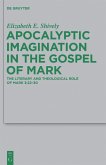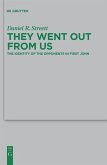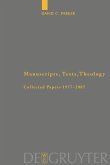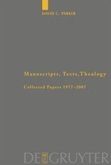This book is dedicated entirely to the interpretation of Paul's Letter to Philemon. The letter is approached from a wide variety of perspectives, thus yielding several new insights into its interpretation. In a first essay the tendencies in the research on the letter since 1980 are outlined. This is followed by essays devoted to the epistolary analysis and to a rhetorical-psychological interpretation of the letter; as well as an essay devoted to the rhetorical function of stylistic form in the letter. After this there are two essays devoted to situating the letter in its ancient context: one views the letter against the background of ancient legal and documentary sources and another one against the background of slavery in early Christianity. The next two essays focus on theological aspects, namely on the letter as ethical counterpart of Paul's doctrine of justification and on the role that love plays in the letter. Three essays focus on ideological issues: the contextual interpretation of the letter in the US, a post-colonial reading of the letter and the letter's legacy of hierarchy and obedience. The volume concludes with four essays on the way in which the letter was interpreted by the some of the Church Fathers: Origen, Jerome, Chrystostom, Augustine and Theodore of Mopsuestia.
Bitte wählen Sie Ihr Anliegen aus.
Rechnungen
Retourenschein anfordern
Bestellstatus
Storno

